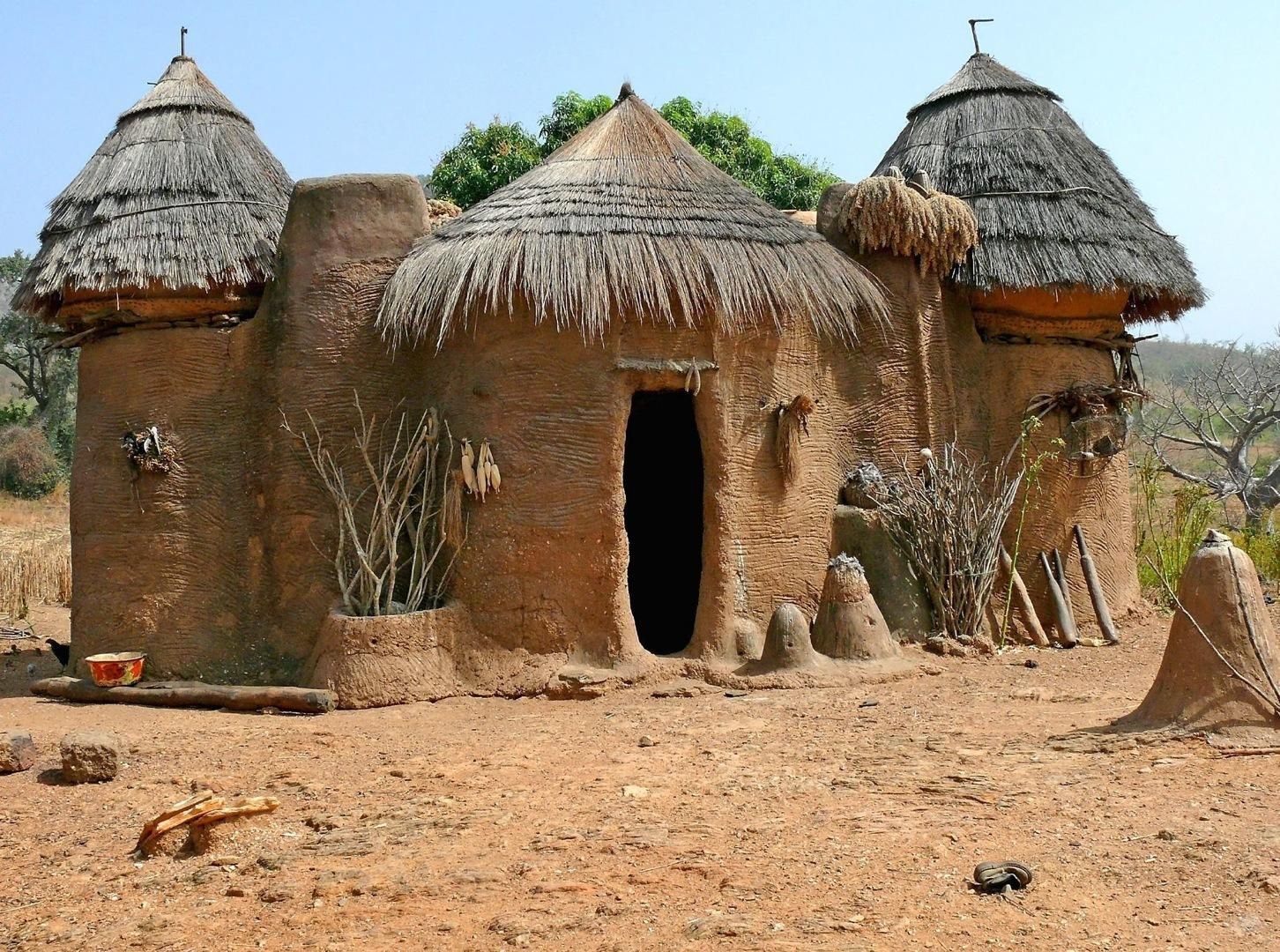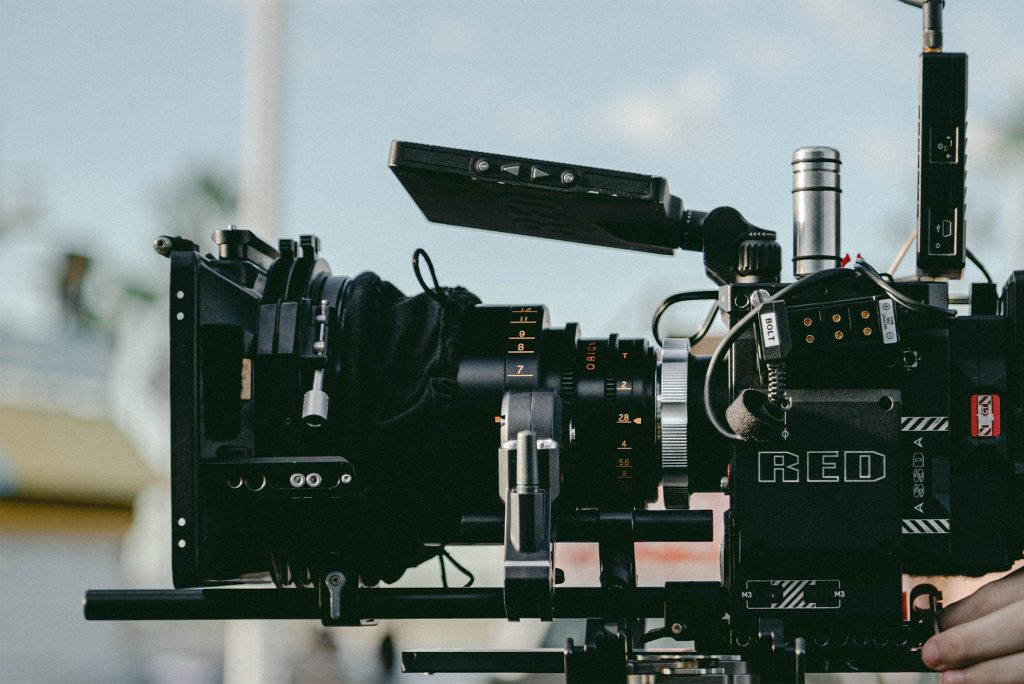
Filming in Togo
Fixer in Togo
Filming in Togo requires obtaining a film permit from the Ministry of Communication and Media. Visas are required for entry into Togo and can be obtained at Togolese embassies or consulates abroad. Our fixer in Togo can help you with this kind of paperwork and more. Options for renting specialized gear can be limited. It’s also important to note that Togo uses 220V electricity, so voltage converters may be necessary. The cost of filming in Togo is generally lower than in other African countries.
Cultural facts
While it is important to obtain proper film permits in Togo, there are also cultural rules to be mindful of when interacting with locals. Showing the soles of your feet or pointing with your finger is considered impolite. It is also important to dress conservatively, particularly when visiting religious sites or meeting with government officials. On the other hand, taking an interest in local customs and using “bonjour” (hello) and “merci” (thank you), can go a long way in building positive relationships.
Weather when filming in Togo
Togo has a tropical climate with two distinct seasons: dry (from November to March) and rainy (from April to October). During the dry season, temperatures are generally hot and dry, with average highs around 33°C (91°F) and lows around 24°C (75°F). The rainy season is marked by high humidity and frequent downpours. When filming in Togo during this season, it’s important to be prepared for sudden bursts of rain, which can last for hours. There are around 12 hours of daylight year-round.
Tax rebate in Togo
Currently, Togo does not offer tax rebates for filmmakers. As for the cost of living here, it is generally lower than in most Western countries. Necessities such as food and housing are relatively inexpensive, and transportation costs are also reasonable. However, luxury items can be more expensive due to import taxes. Our fixer in Togo can advise you on how to manage your budget effectively and make the most of your resources while filming in Togo.
Filming in Togo
To obtain a visa, submit your application at the Togolese embassy or consulate in your home country. Film permits must also be obtained from the Ministry of Communication and Media and the Ministry of Security and Civil Protection. It’s highly recommended to work with our fixer in Togo to obtain these in a timely and hassle-free manner. The weather in Togo is typically hot and humid, with an average temperature of 30°C (86°F).
The amount of daylight varies depending on the season, but generally, there are around 11 hours of daylight per day. The cost of living is relatively low, with affordable accommodations and food options. For a smooth and successful filming experience, consider choosing the services of Fixer Togo.



